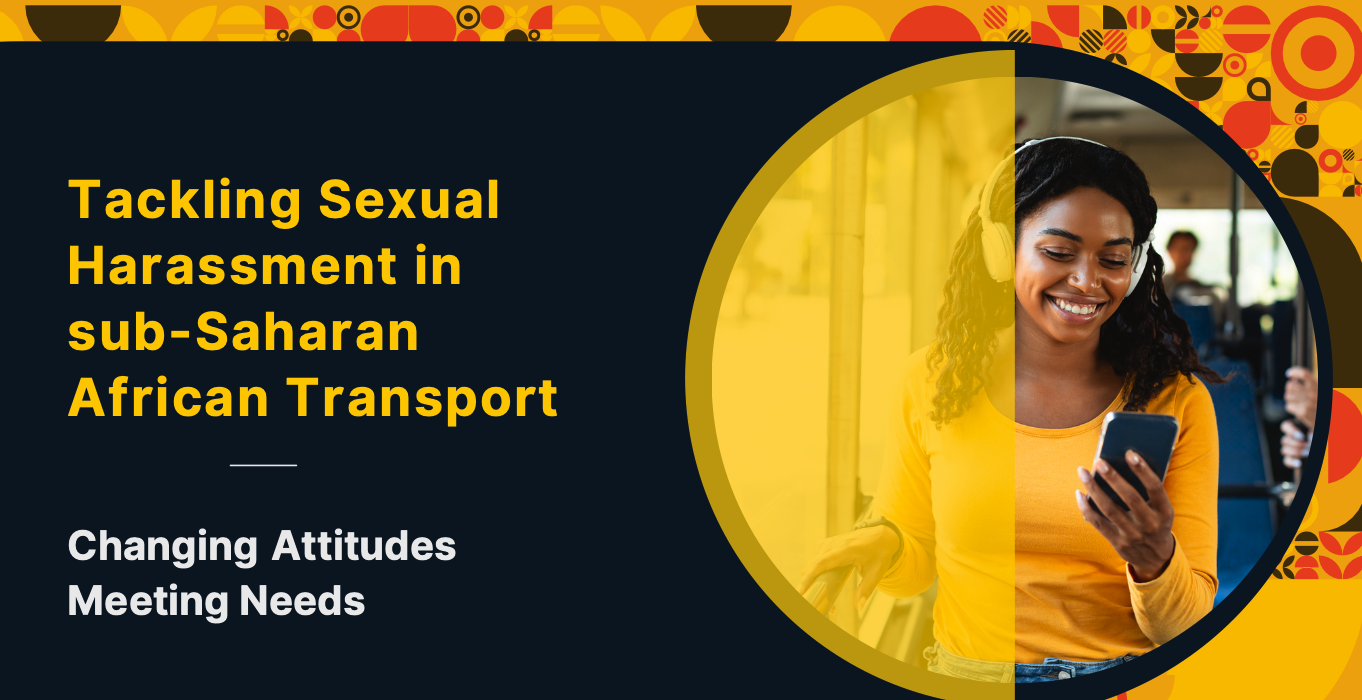
Objective
This project will look at the policies, programmes and tools needed to enhance women’s personal safety on public transport. This project will also provide research, validation, tools and capacity building to help LIC stakeholders deliver gender-equitable, inclusive transport and tackle sexual harassment.
Potential impact
Increased mobility data collection in African LIC cities, where little mobility data has historically been available (due to cost of traditional data collection methods), to guide and support planning which promotes inclusive, low-carbon mobility.
Approach
This research will be conducted through Surveys (paper and technology-based), Focus Groups and Behaviour Change Workshops conducted across Lagos, Abuja, Blantyre and Kigali.
The research outputs and resources (primary and secondary) will be structured into the online EMPOWER Decision Making Tool: a long-term resource for stakeholders to identify and roll out strategies to tackle sexual harassment.
It will provide the user with step by step guidance on the process of identifying the problem, and the best ways to tackle it.
Outcome
This research created actionable mobility plans in two research cities, and inspired greater uptake of the mobility observatory platform across African LIC cities, and deployment of the data collection techniques to be developed and tested through the course of this research, which make use of existing affordable technologies.
This product is aimed at city authorities, transport operators, international organisations and NGOs.
COVID-19 Response
This research will seek to capture examples where transport service safety has been improved in terms of health challenges as well as those relating to harassment.
It will be important to identify whether both areas can be tackled concurrently (such as in the design and operation of transport services).
